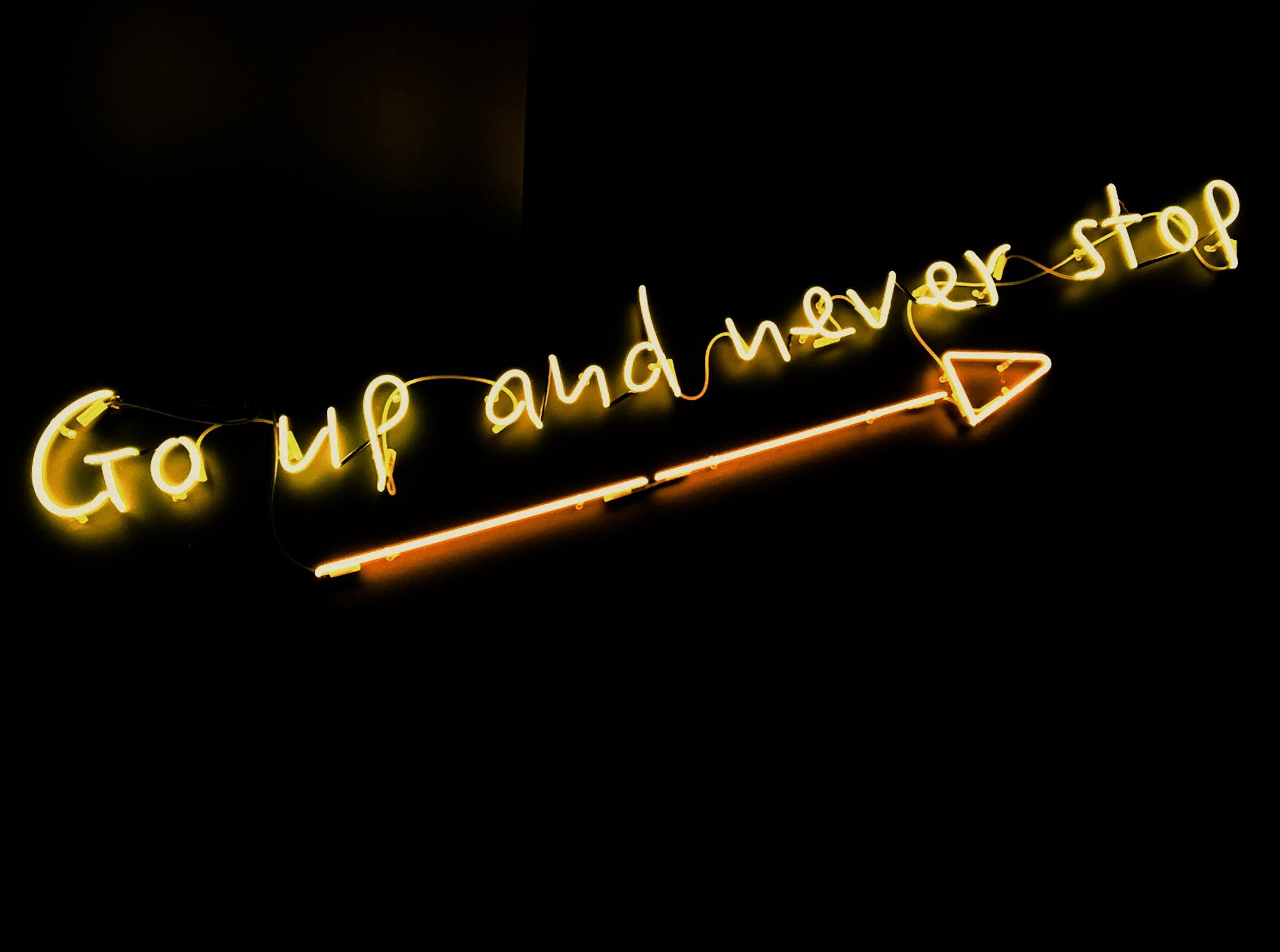innovation for a better future
⚡️
innovation for a better future ⚡️
GROWTH HACKINGTHE MOST VALUABLE SKILL OF THE 21ST CENTURY? UNLEARNING.
“Rapid change demands we let go of outdated assumptions. Mastering the art of unlearning may be the ultimate competitive advantage.”
#AIARTSTREGA DI SICILIA:
AI-GENERATED PORTRAIT SERIES
“This collection is inspired by the spirit of my Sicilian ancestors, hardy and inventive people, not afraid of magic.”
what if we live in a world of possibility?
✨
what if we live in a world of possibility? ✨
RECENT WRITING
Hello world! I’m Nicole.
I’m a designer and consultant with 15 years of experience working in design, real estate, and innovation-based economic development.
I’m also a musician, a lover of old buildings, and a cat person that also loves dogs.
FEATURED WORK
In 2018, in an attempt to slow down after working non-stop for years, I rented my first art studio.
It was small, dirty, a back room in the basement of a shop on Newbury Street - but to me, it was perfect. I started to call it the "Hourglass Studio" or the "Hourglass Project" as a reminder that I have to set aside time for art, rest, and creating without judgment.
Since then, Hourglass has evolved through experimentation: from studio spaces, temporary activations, and pop-up shops to production, consulting, and design.
After some trial and error, the project grew into what it is today: Hourglass Collaborative, a consulting practice with expertise in innovation-based economic development, understanding and launching new learning models, designing and operating innovation infrastructure spaces, and the future of technology in an evolving economy.
AUTODESK BOSTON
TECHNOLOGY CENTER ↑
Before making the leap to full-time entrepreneurship, I was on the launch team for the Autodesk Boston Technology Center (formerly the BUILD Space), a research lab focused on innovation in the building industry.
I built partnerships and event programs for the BUILD Space, and designed the application onboarding system for their research residency program.
My career in innovation began when I started designing startup offices. I fell in love with the energy and scrappy spirit of startups and small businesses. That led me to designing the interior of District Hall, a first-of-its kind innovation center and the central gathering space for the Innovation District.
When District Hall opened, I joined the team there as the founding General Manager, where I built the systems, pricing, and the team from scratch over the first four years of operations.
When I left four years later, District Hall was hosting more than 1000 events and meetings per year, and generating enough revenue to pay the team and support other new programs. We also provided more than $1M in donated and discounted space to startups, nonprofits, and community organizations every year.
As described in the quote below, I believe that designers should take more interest in the operations and maintenance of the spaces they design. District Hall was a living case study for me: a once-in-a-lifetime opportunity to how our design decisions affected operations and programming in the real world.
“It’s unusual for a designer to manage a building she helped to conceive. [Fichera] believes that architects, if they really want to understand how people use the spaces they create, ought to stay involved after construction
is complete.”— Citylab
When I worked in architecture, I did a lot of early-stage planning for a major development in the Boston Innovation District. I developed a working understanding of the connection between the built environment and economic growth.
Eventually, I left the architecture firm behind and followed my instincts into the world of innovation. I went to work for Mayor Menino and ran the Boston Innovation District initiative full-time.
I served as the city’s point of contact for the innovation economy, helped startups and accelerators find space and work with landlords, gave hundreds of tours to visiting delegations coming to learn from Boston’s innovation ecosystem.
“Described by Nicole Fichera, the ‘squishy stuff’ is the human glue that connects the components of the ecosystem.
The ‘squishy stuff’ is the general ethos of all the people involved in ensuring the innovation ecosystem is inclusive, dynamic, viable and successful.”
— Future Cities Collaborative














Rapid change demands we let go of outdated assumptions. Mastering the art of unlearning may be the ultimate competitive advantage.